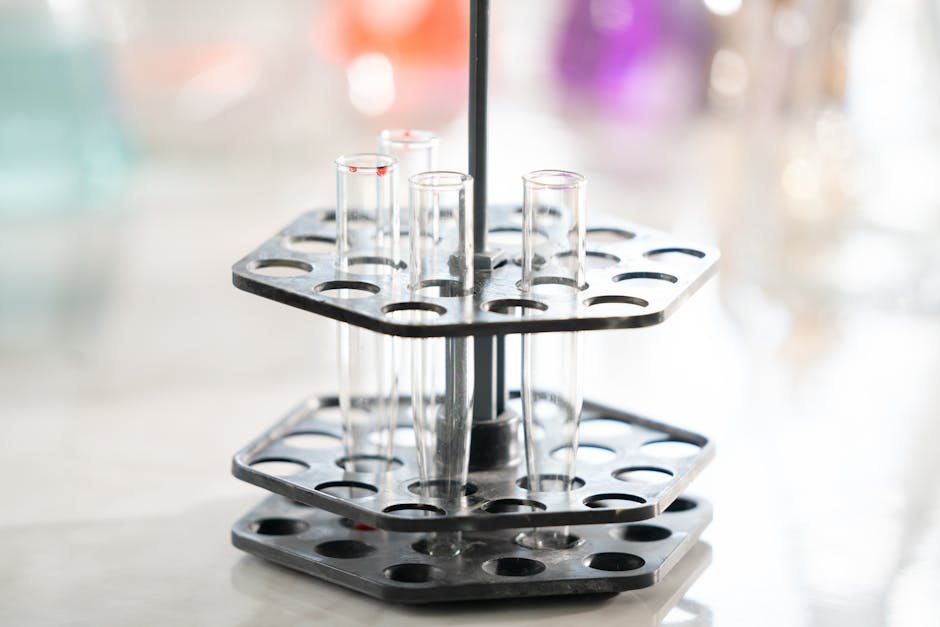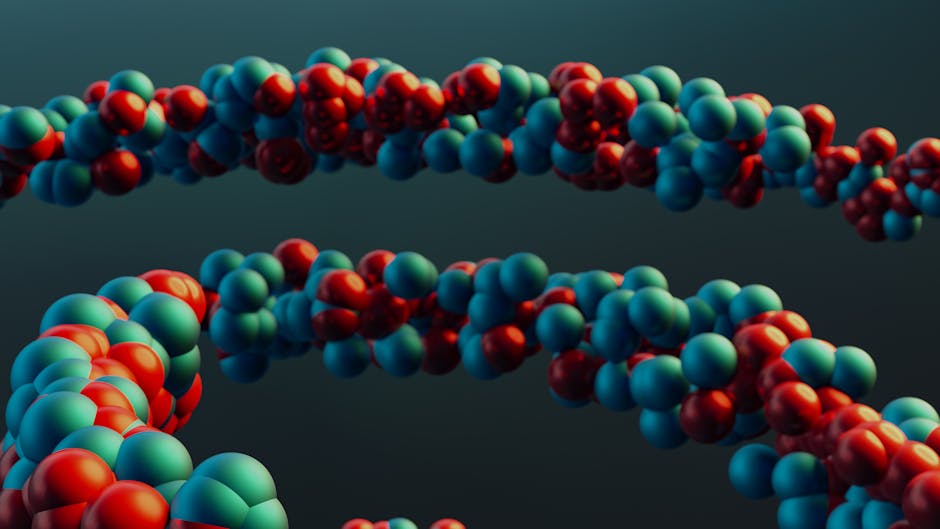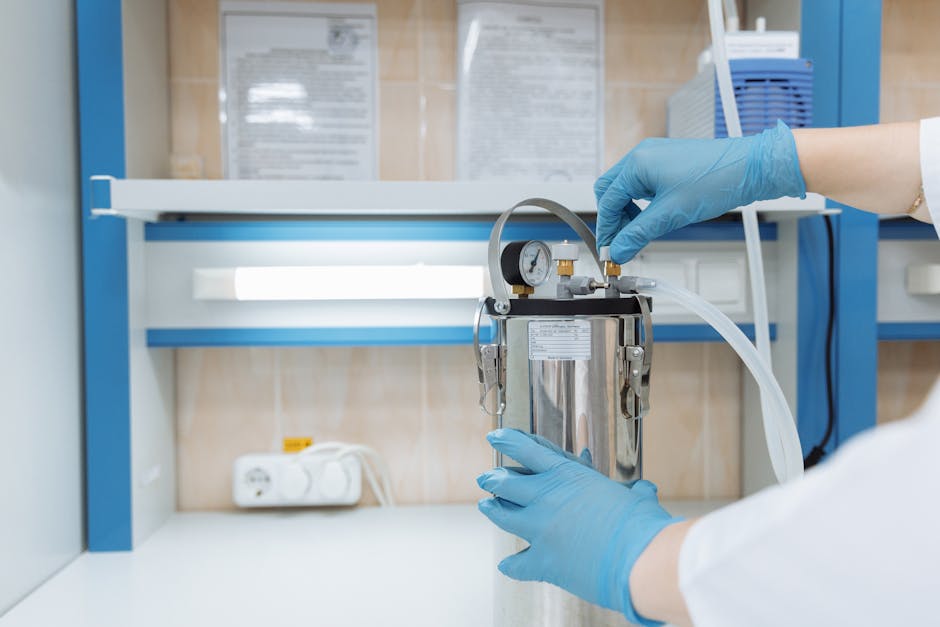Forensic Toxicology: Analytical Methods and Challenges
Gas Chromatography-Mass Spectrometry (GC-MS): The Gold Standard Gas Chromatography-Mass Spectrometry (GC-MS) remains a cornerstone of forensic toxicology laboratories. The technique’s power lies in its two-stage process. First, gas chromatography separates the complex mixture of compounds present in a biological sample, such as blood or urine. The sample is vaporized and carried by an inert gas …






